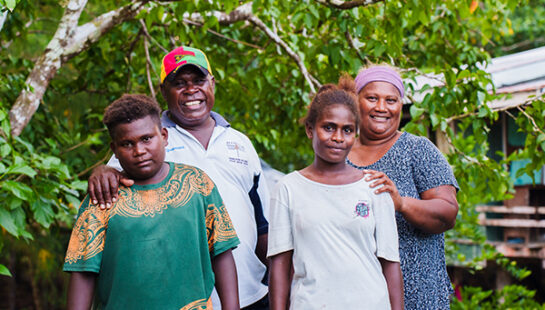Born into a loving but disadvantaged family in Lebanon, Fadia’s earliest memories give insight into the life of a child living in poverty.
‘My parents didn’t have the means to buy us gifts,’ she said. ‘I used to follow another child around to play with her toys, but then she realised and began to hide them so I couldn’t play with them anymore.’
Now a wife and mother, Fadia has continued to experience poverty and exclusion throughout her life. Additionally, she experiences discrimination as a member of the Dom community.
I have suffered a lot of discrimination in my life for being of Dom origin . . . I often feel inferior, and this makes me want to cry.
The Dom are an ethnic minority who have existed as a people group in the Middle East for over 1,000 years. Once travelling folks, they share ancestry with the Romani people of Europe. But changes to international borders and laws means that most Dom are now permanently living in camps of makeshift housing where they face extreme poverty and marginalisation. They are frequently the subject of taunts and discrimination, as many in the Middle East regard them as uncivilised.
Statelessness Limits Opportunities
Today, Fadia lives in a large camp on the outskirts of Beirut in Lebanon. Like most of her neighbours, she was born and raised Lebanon, but does not have Lebanese citizenship. This is because citizenship can only be passed from father to child in Lebanon. Neither Fadia nor her husband have paperwork and without this, they have limited access to gainful employment, healthcare, education, and humanitarian assistance.
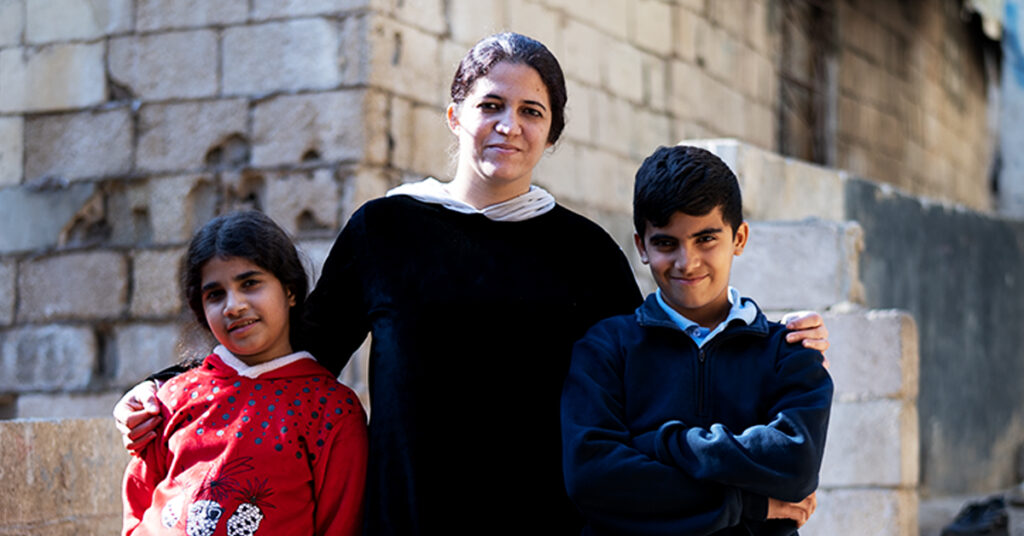
For Fadia and her family, this meant they often did not have enough money to cover their most basic expenses, like meals.
‘Each month, we found ourselves going into debt,’ she said. ‘We would take food on credit from the local grocery shop.’
Additionally, the social stigma of being Dom made the children’s primary school experience horrific. Cruel insults and physical abuse were a daily occurrence for Fadia’s children, Khalil and Mahina.
‘The situation eventually got so bad that Hala once even tried jumping off the bus out of fear of going to school and Samer was once pushed down the stairs,’ said Fadia. ‘I couldn’t let them go through this any longer, so they dropped out and missed out on a number of years of schooling as a result.’
A Life-Changing New Skill
Life is very different now for Fadia, thanks to sewing.
Our local Christian Partner helps vulnerable people to gain the skills and experience needed to thrive. They place emphasis on empowering people through training, rather than seeking to solve problems for participants. After meeting our Partner, Fadia took up an offer of training and work in our Partner’s sewing collective. It changed her life.
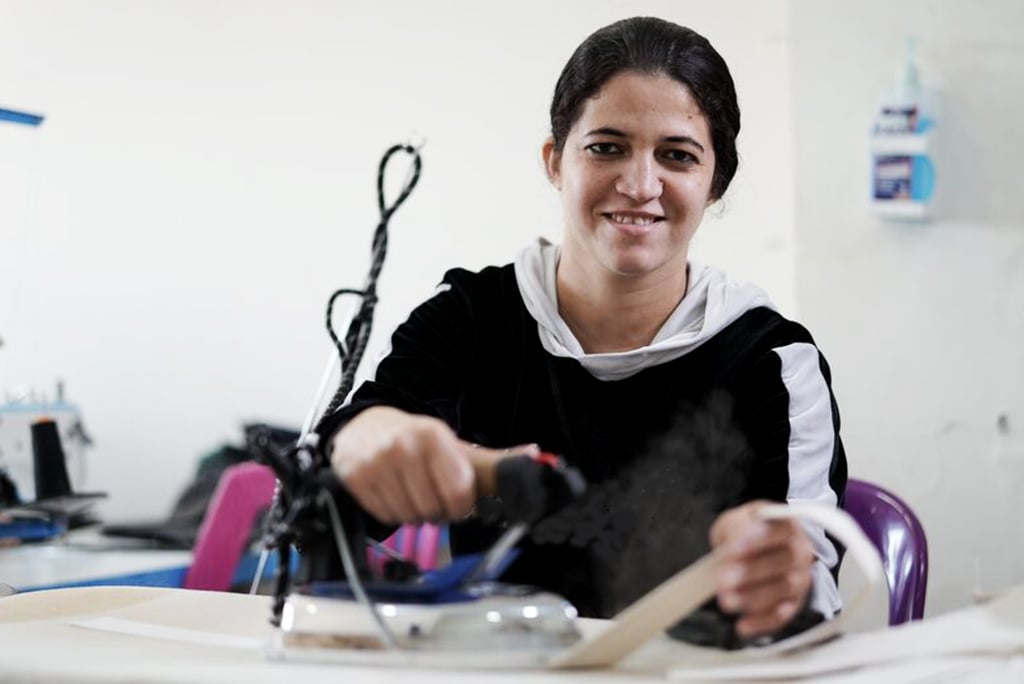
‘Not only do my new skills earn me a vital income for my family, but also working as a seamstress has given me a sense of purpose and control,’ she said.
Fadia has been able to pay of her debts, and patch holes in her roof and door to keep the rain and rats out of her home. And she’s doing it with her own earnings. But what she’s most happy about is the change in her children. Our local Partner runs their own school, and welcomed Samar and Hala, aged ten and eight, so they could experience a safe and joyful learning environment. Fadia is thrilled to see them happy and learning.
‘Not only do my new skills earn me a vital income for my family, but also working as a seamstress has given me a sense of purpose and control,’ she said.
Currently, the family is working with our Partner on a legal case to gain their citizenship.
‘If we can gain citizenship, then would we be eligible to work anywhere legally, move around the country without fear or even one day register a car in our name,’ said Fadia. ‘Most notably, we would have the right to civil registration of my children who would consequentially have a more secure future.’
Fadia is very grateful for the help she’s received, and the way it has equipped her to improve life for herself and her family. But her concern for others living on the margins is never far from her mind.
‘I worry for people who have less than we do,’ she says. They are tired and few have access to work, so I really wish that the living conditions would pick up and go back to the way they used to be when we could make enough money to live a more decent life.’
If you would like to see people living on the margins equipped, trained and able to access opportunities, please consider donating to our work.

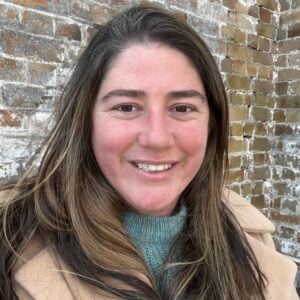
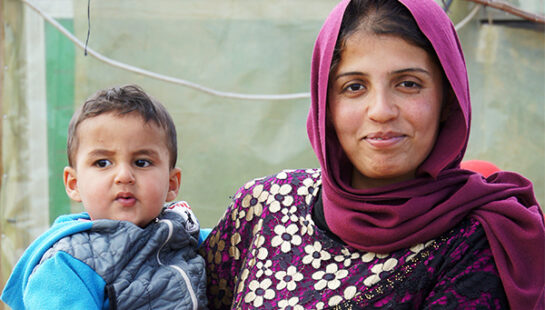
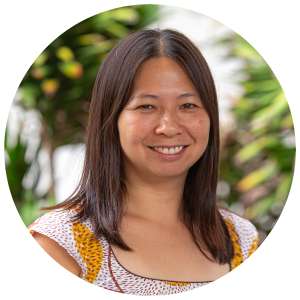 Sophia Russell,
Sophia Russell,
